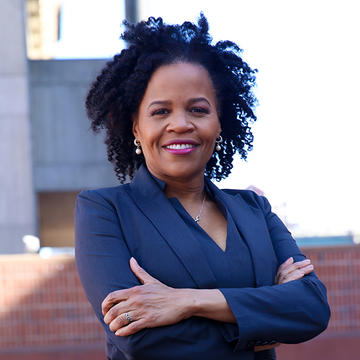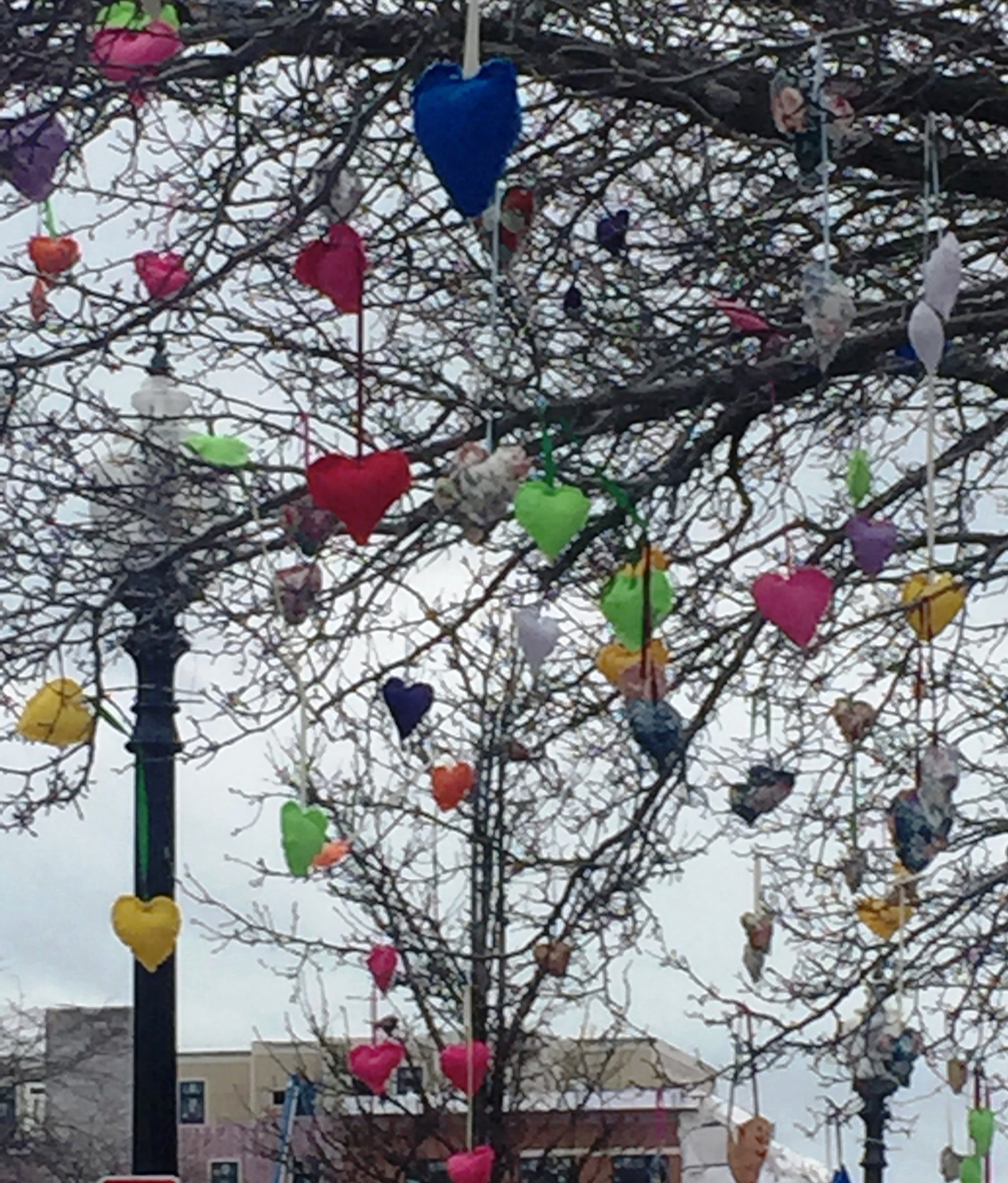Roxbury City Councilor Kim Janey became acting mayor of Boston on Monday, making her the first black person to occupy the position, characterizing it as a moment of uncommon opportunity for people of color in this city. With the confirmation of Martin J. Walsh as U.S. labor secretary, the succession of Irish-American and Italian-American mayors could potentially be ending for now and has created an opening for communities of color to possibly develop a new and expanded role in the city’s power politics.
While she hasn’t tipped her hand, there are those predicting that her political advisers have a game plan to introduce her to residents of Boston for the first time outside of her Roxbury District. It isn’t clear what role the 55-year-old Ms. Janey will play in this moment. As the president of Boston’s City Council, she has automatically taken the position for the remaining seven months before the November election, and she has not said whether she plans to run. But five candidates already in the race are people of color, and their pursuit of racial justice is becoming the central theme of their campaigns.
As the situation is unfolding, however, it was both curious and unsettling, after almost 50 years post-busing and desegregation, that the New York Times, in exalting a presumably new day in Boston, chose to display images of the racial unrest of the 70s in its recognition of Ms. Janey’s day in history. The report went on to re-live that era, not simply to underscore Ms. Janey’s experience as a student back then, but also, it seemed, for some salacious benefit to its readership.
Many believed that to be self-contradictory to the advancement of the new era that the Boston Globe and its NYT affiliate espouses. Many felt that the busing context is so presently inconsequential, since it further promotes the very divisiveness of the core issue that these publications proclaim to abhor.
Many also believe that acting Mayor Kim Janey deserves more than perpetual references to the past. While Janey has a long history of activism in Boston, with deep roots in Roxbury, the heart of the city’s Black community, her announcement says that she seeks to promote a ‘new day’ for all of Boston, did she not?
Her grandfather, Daniel Benjamin Janey, was a member of Twelfth Baptist Church where Dr. Martin Luther King Jr. worshipped while attending Boston University. Her father was one of only eight Black students to graduate from the Boston Latin School in 1964. While spending time in her great grandmother’s home in the city’s South End neighborhood, Janey was also exposed to the city’s political culture as she watched a neighbor — Black community activist and former state Rep. Mel King — launch a bid for mayor in 1983, losing to Ray Flynn, an Irish American city councilor.
Janey began her career in advocacy with Massachusetts Advocates for Children, pushing for policy changes she said were aimed at ensuring equity and excellence for public school students in Boston. In 2017, she won a 13-candidate race and became the first woman to represent her district, which includes most of Roxbury, parts of the South End, Dorchester, and Fenway areas of the city.
Congratulations Acting Mayor Janey – Godspeed.













